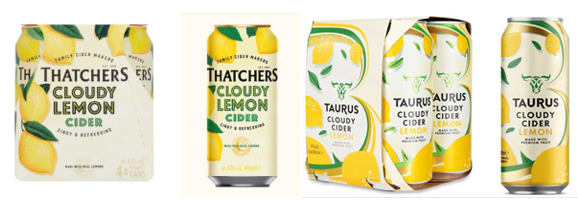Best Method Challenge Continues to Offer “a Material Advantage” – Zoetis Services LLC v Boehringer Ingelheim Animal Health USA Inc [2024] FCAFC 145
Finding against Zoetis, the Full Federal Court held that Zoetis’ three patent applications relating to pig vaccines were invalid due to the failure to disclose the best method.
Read More
